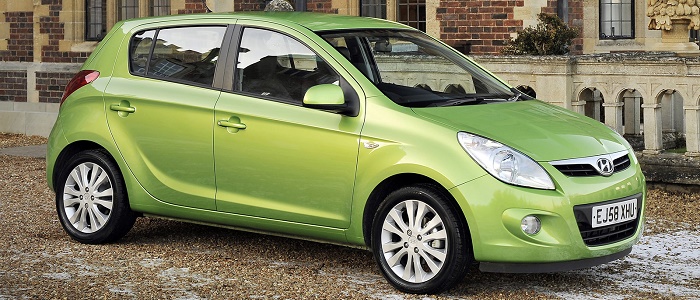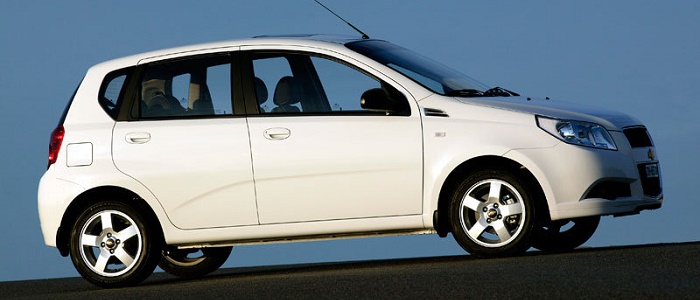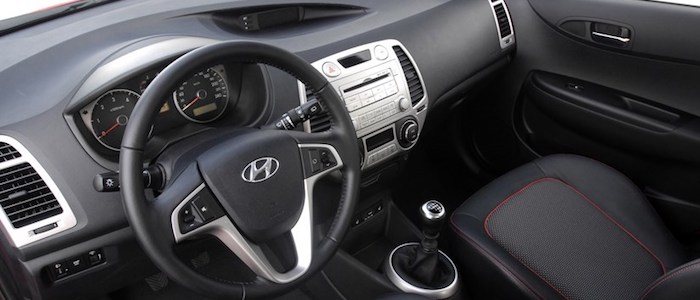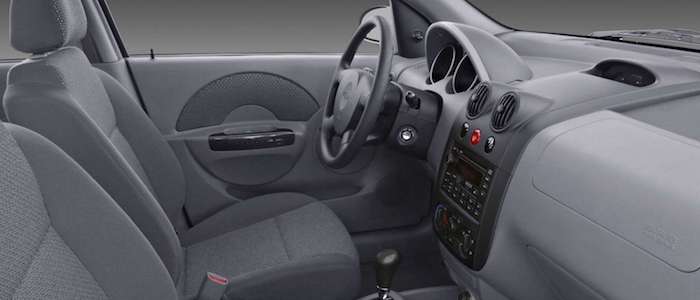Compare two cars
Compare any two cars and get our Virtual Adviser™ opinion
Marketing
Dimensons & Outlines
Engine
1.4 A14XER
Performance (manual gearbox)
Performance (automatic gearbox)
Expenses
Virtual Adviser's™ opinion
Well, these are two pretty similar cars we have here! It's only details that could potentially make the difference. Considering they both belong to the city car segment and utilize the same 5-door hatchback body style and the front wheel drive system, it all comes up to the specific petrol engine choice they offer. The first one has a Hyundai-engineered powertrain under the hood, a 4-cylinder, 16-valves 124hp unit, while the other one gets its power and torque from a 4-cylinder, 16-valves 100hp engine designed by Opel.
SafetyBoth vehicles got tested by European New Car Assessment Programme (Euro NCAP), with the Hyundai showing an incomparably higher level of safety offered. Still, apart from the official crash test results there are other things we need to be aware of. Both vehicles belong to the city car segment, which is generally not a very good thing safety-wise, still it doesn't help us solve our dilemma, does it? On the other hand, when it comes to weight, a factor that most people underestimate, the American car offers a marginal difference of 2% more metal.
ReliabilityI don't like generalizing things when it comes to reliability, although it does seem that both brands display similar results in faults and breakdowns, at least on all of the models level. These are the official statistics, while our visitors describe reliability of Hyundai with an average rating of 4.5, and models under the Chevrolet badge with 4.2 out of 5. Some independent research have also placed i20 as average reliability-wise, and Aveo is more or less at the same level.We should definitely mention that owners of cars with the same powertrain as the Korean car rank it on average as 4.9, while the one under the competitor's bonnet gets 4.5 out of 5.
Performance & Fuel economyHyundai is undoubtly more agile, reaching 100km/h in 2.4 seconds less than its competitor. In addition to that it accelerates all the way to 190 kilometers per hour, 15km/h more than the other car. When it comes to fuel economy things look pretty much the same for both cars, averaging around 5.9 liters of fuel per 100 kilometers (48 mpg), in combined cycle.
Verdict
Hyundai appears just a bit more reliable, although the difference is truly marginal. The most important thing when deciding between any two vehicles should always be safety, both passive and active. In my opinion, everything taken into account, the Korean car beats the other contender by far, making it the best choice without even considering other things. It all continues in the same direction, with Hyundai being considerably quicker, thus putting more smile on driver's face. Fuel consumption is more or less the same. All together, there's not much more to say, in this case I wouldn't even consider anything but Hyundai. Nevertheless, let's not forget that people have different preferences and needs, so what really counts is your personal feel. I'm only here to help. Also, you could use the oportunity to find out which car, everything taken into account, would be the perfect choice for you in the eyes of the virtual adviser™, out of 12.000+ vehicles we currently have in our database.
































